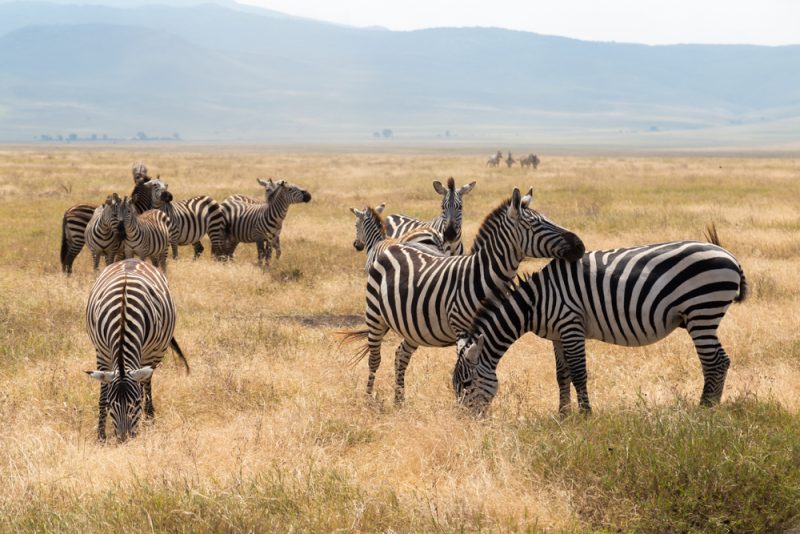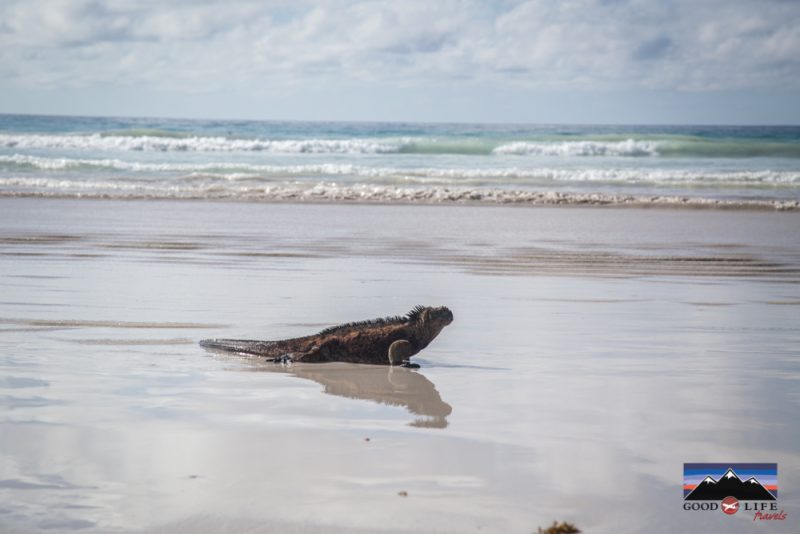As travellers, we have the power to impact the environments and communities we visit. Practicing ethical tourism is essential, especially when exploring wildlife. It ensures that our adventures do not harm the ecosystems or species we admire. By being mindful of our choices, we can enjoy experiences like Tanzania safari tours and Galapagos Islands vacations while contributing to the conservation of the planet and local ecosystems. Here are some practical tips on how to travel responsibly and ethically when encountering wildlife.
Choose Responsible Tour Operators
One of the first steps to practicing ethical tourism is to select tour operators that prioritize sustainability and conservation. Good Life Expeditions has a proven track record in promoting responsible wildlife tourism. Our tours support local communities, respect animal welfare, and adhere to sustainable practices. By choosing a responsible operator like GLE, you can contribute to the protection of wildlife and their habitats.

Respect Wildlife and Their Habitats
When participating in wildlife tours, it’s crucial to observe animals from a safe distance and avoid disturbing their natural behaviors. Whether you’re on a Tanzania safari tour or exploring the Galapagos Islands, maintain a respectful distance to minimize stress on the animals. Avoid feeding wildlife, as it can disrupt their natural foraging instincts and lead to unhealthy dependencies on human food. Always follow the guidelines provided by your tour guides to ensure the safety of both you and the wildlife.
Support Local Communities
Practicing ethical tourism also means engaging with and supporting local communities. When traveling, choose to buy locally made crafts, dine at local restaurants, and participate in community-led tours. This not only enriches your experience but also helps support the local economy and fosters cultural exchange. In places like the Galapagos Islands, where tourism plays a significant role in the economy, supporting local businesses can make a real difference.

Educate Yourself and Others
Before embarking on your wildlife adventure, take the time to educate yourself about the ecosystems you’ll be visiting. Understanding the importance of biodiversity and the challenges faced by wildlife can enhance your appreciation and commitment to conservation. Share your knowledge with fellow travelers to raise awareness about the importance of ethical tourism and encourage responsible practices.
Minimize Your Environmental Impact
As an ethical traveler, it’s important to minimize your environmental footprint. Practice Leave No Trace principles by cleaning up after yourself, avoiding single-use plastics, and respecting natural landscapes. When exploring areas such as Tanzania or the Galapagos Islands, your actions can significantly impact fragile ecosystems. Opt for eco-friendly products and transportation methods whenever possible to further reduce your environmental impact.
Shop Wisely
When shopping for souvenirs, avoid products made from wild animals. For example, do not purchase traditional medicines made from animal products, jewelry using coral or reptile teeth, or bags made from snakeskin.
Instead, use your hard-earned cash to purchase ethical products, such as fair trade chocolate farmed by Amazonian communities, or textiles woven by Indigenous women in the Sacred Valley.
Practicing ethical tourism while exploring wildlife is essential for ensuring that future generations can enjoy the beauty of nature. By choosing responsible tour operators, respecting wildlife, supporting local communities, and minimizing your environmental impact, you can make a positive difference during your travels. With Good Life Expeditions, you can embark on unforgettable adventures that promote sustainability and conservation. Let’s embrace ethical tourism together!
Remember, you can take the stress out of finding and booking responsible wildlife experiences yourself by letting us take care of it for you. Our team of experts in responsible travel will be more than happy to create an expedition for you that ensures no animals are harmed during your trip!
Do you have any other tips for being an ethical wildlife tourist? Contact us to let us know!

